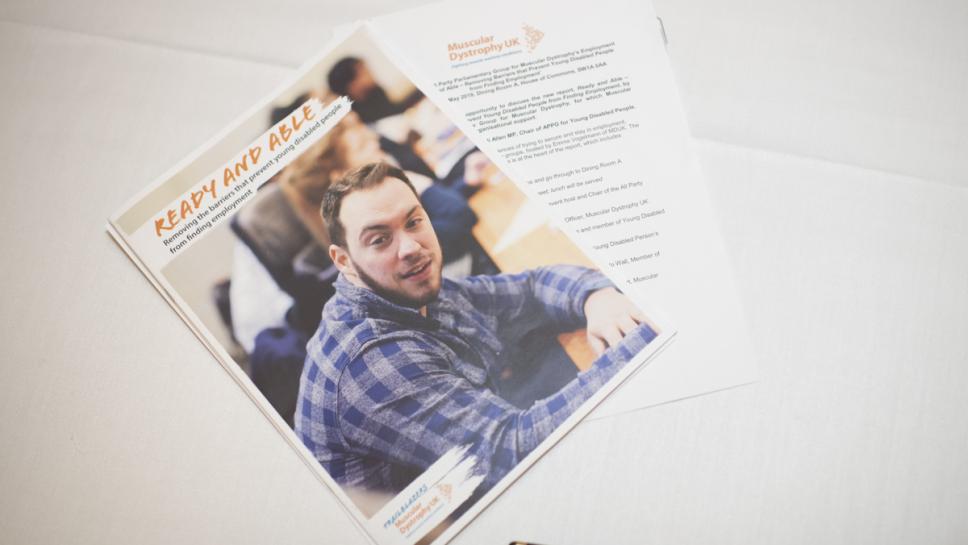
In a recent House of Commons report “People with disabilities in employment” statistics show a slight narrowing of the disabled employment gap. The report contains the statistics on disabled employment for 2019.
They are:
Employment
Of [7.9 million people of working age (16-64) [that] reported that they had a disability in July-September 2019], an estimated 4.2 million were in employment, an increase of 354,000 from a year previously.
53.2% of [disabled people] were in employment, up from 51.2% a year previously. The employment rate for [non-disabled people] was 81.8%, up from 81.4%.
Unemployment
300,000 [disabled people] were unemployed. This was 86,000 fewer than the number who were unemployed a year previously.
The unemployment rate for [disabled people] was 6.7% in July-September 2019. This compared to an unemployment rate of 3.7% for [non-disabled people].
Economically Inactive
3.4 million [disabled people] of working age were economically inactive. These people were not in work and not looking for work. This was a small increase from a year before.
[Disabled people] were considerably more likely than [non-disabled people] to be economically inactive. While, the economic inactivity rate for [disabled people] was 43.0%, the corresponding figure for [non-disabled people] was 15.0%.
Disability Employment Gap
The high rate of economic inactivity, alongside a higher unemployment rate, explains why [disabled people] have a low employment rate. [Disabled people] have an employment rate that is 28.6 percentage points lower than that of [non-disabled people]. This difference is often referred to as the disability employment gap.
While Muscular Dystrophy UK is pleased to see an increase of the number of disabled people in work, we know there is much more to be done to close the disability employment gap.
Our Ready and Able report sets out simple recommendations for employers and Government to change current practices to improve the situation for disabled jobseekers. These recommendations include; expanding Access to Work to include unpaid internships and work experience, affordable and comprehensive training to be provided through a national organisation on disability awareness and letting disabled people to choose when and how to disclose their disability to future employers.
Work Experience Development Officer, Emma Vogelmann says:
It is encouraging to see that more disabled people are in work compared to previous years however, there are so many barriers that need to be removed for the disability employment gap to narrow further. We will continue to work with employers and Government to create meaningful opportunities for disabled people.
